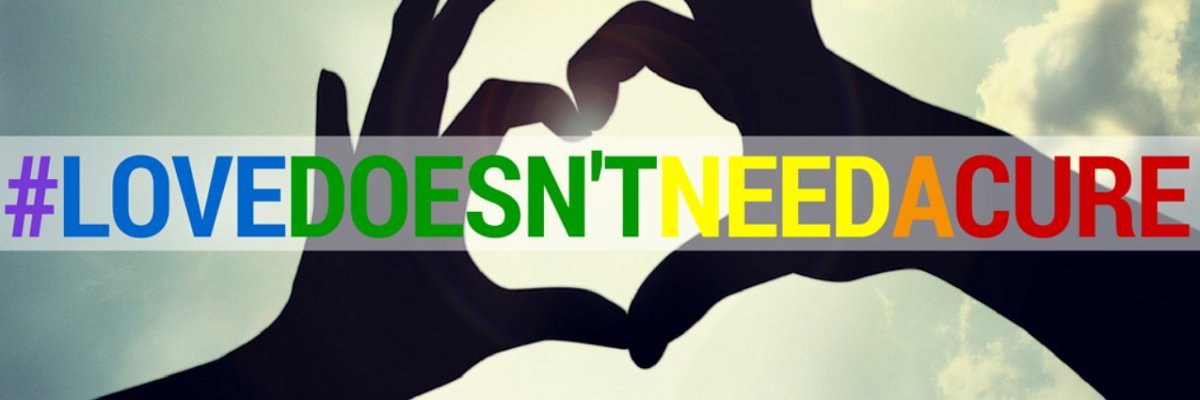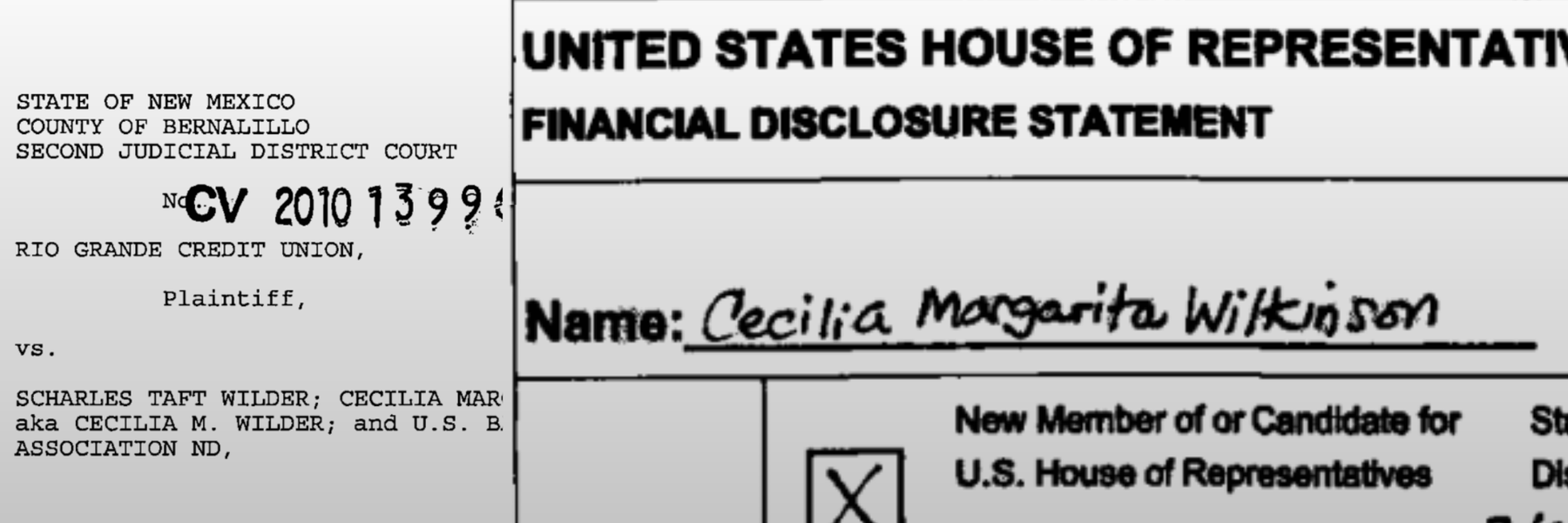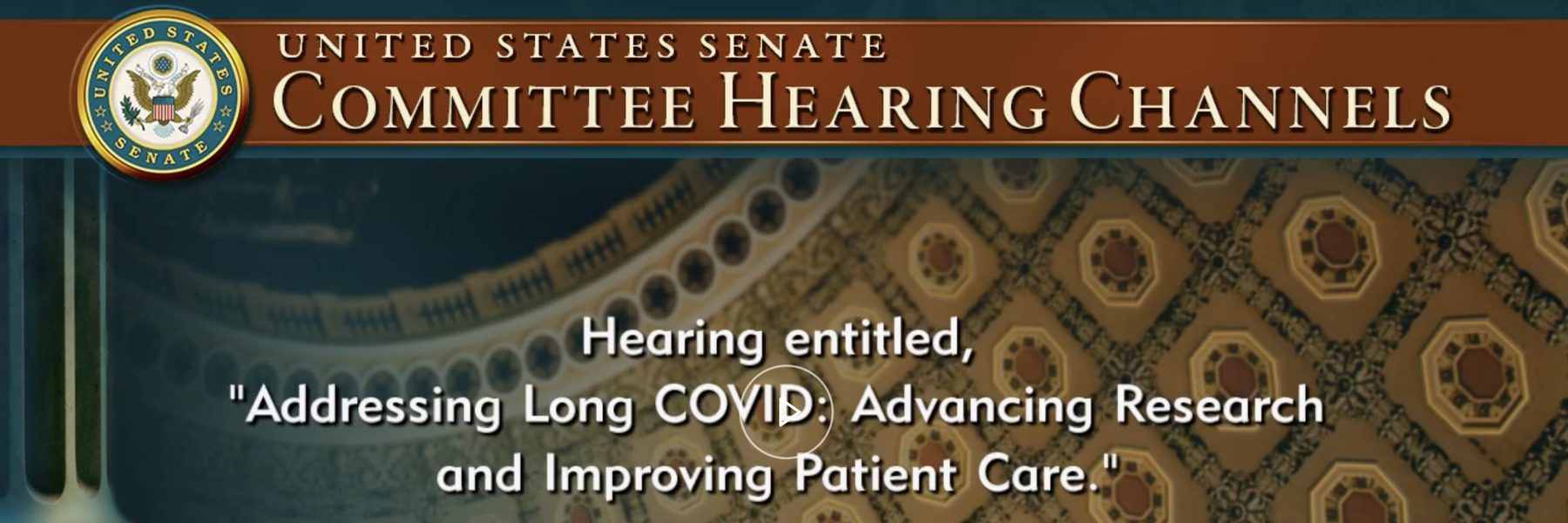In response to a FOIA request back in February, the Federal Trade Commission released 101 pages of documents regarding conversion therapy, a majority of which concern the Therapeutic Fraud Prevention Act of 2017.
The Therapeutic Fraud Prevention Act sought to make advertising conversion therapy or receiving monetary compensation for it an “unfair and deceptive act.” Emails from April 2016 show a staffer for Senator Cory Booker (D-NJ) talking to the FTC’s Legislative Counsel, Claudia Simmons. In them, we see the planning necessary for correctly wording proposed conversion therapy legislation.

These emails reveal the unique challenges regarding the linguistics of writing a conversion therapy ban. Without a broad definition of conversion therapy, the FTC is concerned that they won’t be able to enforce the bill - however, they worry that if they do broaden it, it will threaten the first amendment rights of conversion therapy supporters.

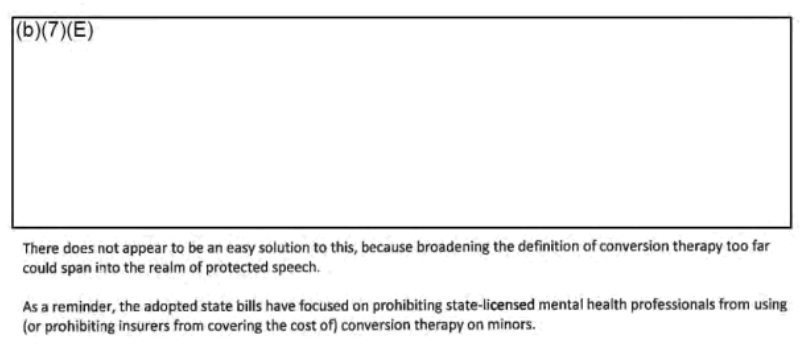
Because the efforts are often secretive and methods change from practitioner to practitioner, there is no clear definition of conversion therapy. Some argue that legislation targeting conversion therapy as consumer fraud infringes on the rights of adults who actually want the therapy. This creates a challenge in creating legislation that targets the practice. If you can’t define what you are targeting, you can’t successfully target it.

Simons reminds the involved parties that other states have focused on passing bills that prohibit state-licensed mental healthcare providers from using the practice on minors. It is clear, however, that the Therapeutic Fraud Prevention Act sought to include language that broadens their scope to target both state-licensed mental providers and private practitioners. The Therapeutic Fraud Prevention Act was not passed.
On March 28th, 2016, somebody submitted a complaint to FTC Chairwoman Edith Ramirez, calling these efforts to ban conversion therapy part of the “pro-homosexual agenda.” The singular complaint echos the generally accepted arguments against banning the practice: it can be “successful and legitimate” for individuals who want the therapy.

The next portion of documents are letters from U.S. Representatives expressing their support for the Therapeutic Fraud Prevention Act and urging the FTC to take action. The first letter is from Representative Jackie Speier (D-CA). Speier requests that the FTC investigate whether or not the “claims and advertising practices” of therapists who perform conversion therapy are, in fact, deceptive.
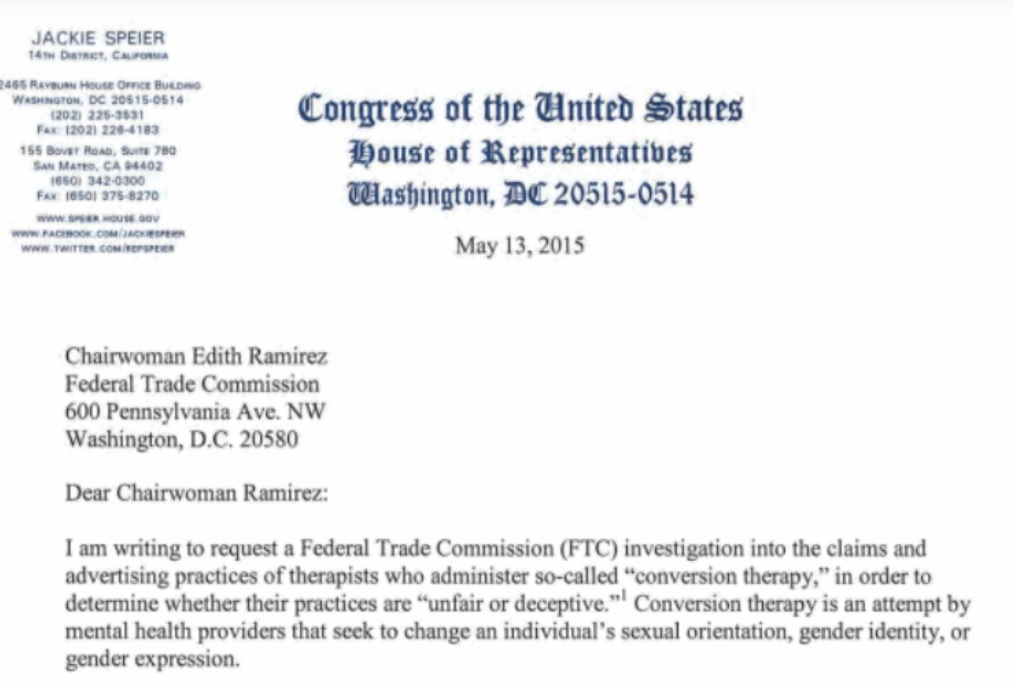
On March 3rd, 2016, 28 U.S. Representatives wrote to the FTC, including Representative Ted W. Lieu (D-CA) who authored a 2012 bill seeking to ban conversion therapy in California. The letter references a ruling by a New Jersey Superior Court regarding the “ex-gay” organization JONAH. The NJ ruling determined that JONAH committed consumer fraud by marketing homosexuality as a mental illness and claiming their services could “turn a gay person straight.”
Members of congress who authored the letter urged the FTC to use its congressionally delegated authority to ban the practice and protect children.
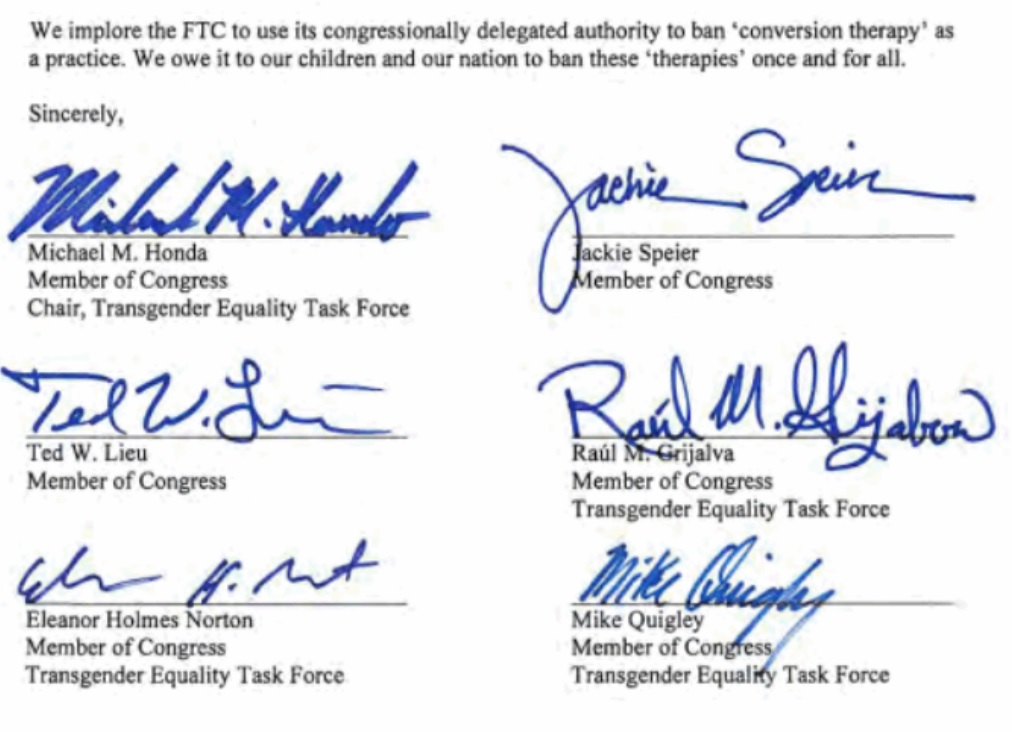
The letter was supported by 13 prominent LGBTQ+ and human rights organizations including the Human Rights Campaign, GLAAD, Southern Poverty Law Center, National Center for Lesbian Rights, National Center for Transgender Equality, and The Trevor Project. Chairwoman Ramirez
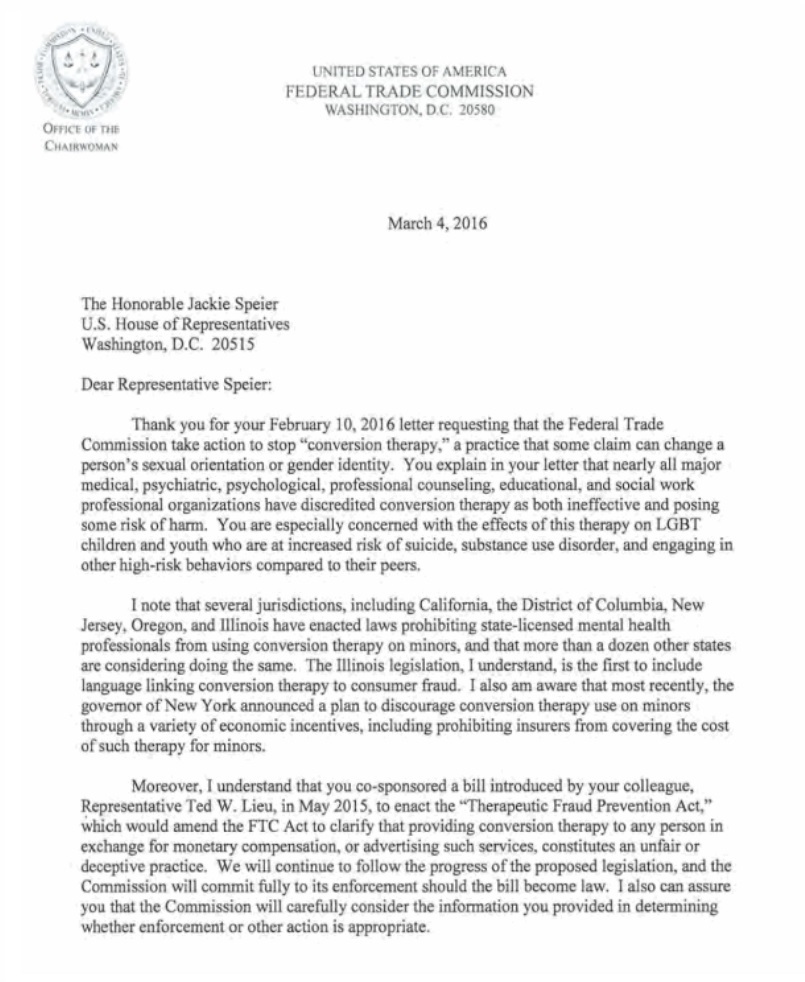

Read the full release embedded below, or on the request page.
Image via Lieu.House.Gov
